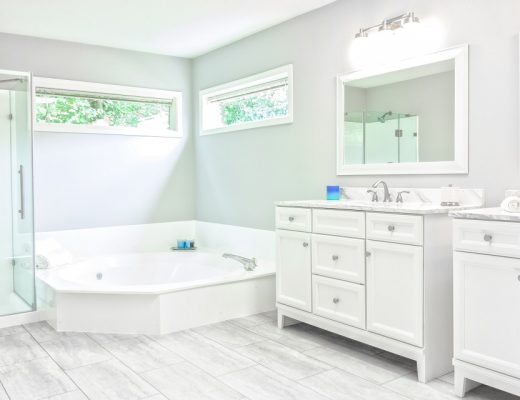Key Takeaways:
- Understanding the importance of eliminating common drainage problems to create a healthy garden.
- French drains can provide adequate water management when designed and installed correctly.
- Regular maintenance of a French drain is crucial for sustained performance.
- Evaluating the environmental impact and potential future advancements in landscape drainage solutions is essential.
Understanding Garden Drainage Challenges
The well-being of any garden is intrinsically linked to how well it handles water. For instance, standing water after heavy rains can create many problems, including weakened plant roots and inviting pests like mosquitoes. Home gardeners frequently encounter issues stemming from compacted soil that prevents proper absorption or runoff that can wash away nutrients. Conditions such as local rainfall patterns and the presence of clay-heavy soil can exacerbate these challenges, necessitating thoughtful drainage solutions to ensure the health and vitality of one’s garden.
Introduction To French Drains: A Solution To Water Management
Innovative water management solutions are paramount in regions where soggy yards threaten the integrity of gardens and foundations. A well-planned french drain Pittsburgh serves as an effective remedy to sub-surface water issues. Crafted with precision, a trench filled with gravel or rock and a perforated pipe can redirect water naturally, promoting proper filtration and preventing saturation. While installing a French drain is straightforward, it requires understanding the land, local regulations, and suitable materials to ensure success.
French Drain Design Essentials For Optimal Function
The principles behind French drains might be age-old, but the details of their construction are critical. Selecting the perfect gradient of gravel is not merely aesthetic; it determines the rapidity of drainage while preventing the piping from clogging with sediment. Incorporating a suitably sloped pipe, usually PVC with holes means water can escape the problem zone through gravity’s pull. The entire system could be helpful with an adequately calculated slope, leaving the garden in a damp predicament. Equally important is the inclusion of a good-quality landscape fabric, which keeps the system free from roots and debris over time.
The Environmental Benefits Of Efficient Drainage Systems
Implementing a French drain resolves excess water issues and fosters a healthier environment. An effective drainage system reduces the likelihood of soil erosion, a significant problem where topsoil is displaced, which can result in the loss of fertile land. Moreover, French drains can aid in preserving local water quality by preventing the runoff of garden chemicals into nearby waterways, aligning with the recommendations given by the Environmental Protection Agency for maintaining eco-friendly drainage systems. Such preventative measures directly impact local habitats, contributing to the broader ecological preservation and sustainability goals.
Key Considerations Before Installing A French Drain
Before one begins to carve into the earth to lay a French drain, there is a checklist to run through. Is the intended pathway for the drain clear of utility lines? What are the local codes regarding water redirection? Even the choice of exit points for the water is a matter of pertinence, often a balancing act between efficiency and regulations. While homeowners can tackle the installation as a DIY project, a thorough understanding of these factors is crucial. Otherwise, hiring a professional may save time and prevent legal headaches in the long run.
Maintenance Tips For Long-Term Drainage Success
Like any infrastructure, a French drain requires oversight to remain clear and fully operational. An unnoticed blockage can quickly escalate, negating the drain’s benefits. It is advisable to conduct seasonal inspections, particularly after fall and winter, to remedy any obstructions caused by leaves or freezing grounds. The vigilant homeowner looks for the symptoms of a slowing drain(water pooling at new locations or signs of backwash) and promptly addresses these concerns.
Alternatives To French Drains
While French drains are a popular choice, they are part of a broader arsenal of water management strategies. Specific properties may benefit more from a sump pump system or the conscientious design of swales that channel water through the landscape. Some modern innovations include rain gardens, which repurpose excess rainwater to sustain a natural ecosystem of water-loving plants, offering aesthetic charm to the property.







No Comments